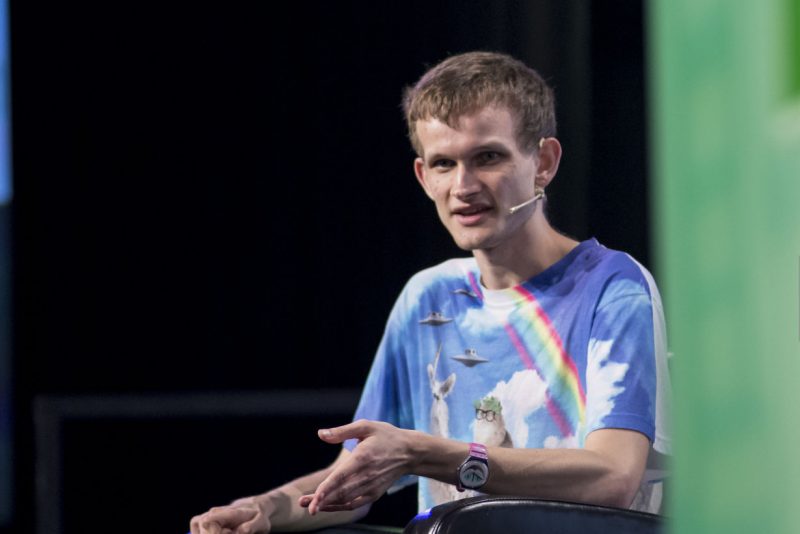Vitalik Buterin has stated the opinion that Ethereum would never be significantly faster than it is presently. Now, his opinion may have disturbed some Ethereum supporters.
Buterin’s statements came in response to a Reddit user’s question about why switching from Proof-of-Work to Proof-of-Stake will not speed up block confirmation times.
He explained that reducing block time was limited by the need for a “safety and decentralization” tradeoff. Avoiding instances in which nodes with significantly stronger network connections have a significant economic advantage, which could lead to ethereum mining or staking centralization.
PoS VS PoW : According to Ethereum Founder
Optimizing for one variable (e.g. speed) will almost certainly come at the expense of another, as is the case with most blockchain-related challenges (e.g. network security). Whether a network is Proof-of-Work or Proof-of-Stake, the tradeoff between speed (block time) and decentralization/security exists, albeit for different reasons.
The fundamental issue with Proof-of-Work, according to Buterin, is the built-in randomization of block time. Although Ethereum’s average block duration is 13 seconds, this does not imply that a block is written every 13 seconds on the dot. According to Buterin, there’s a risk that a fresh block might be certified just one second after the previous one was confirmed. When this happens, the miner with the superior network connection has a better chance of propagating the next block first. Reducing block times exacerbates the situation.
There is a separate factor at play with Proof-of-Stake. According to Buterin, the version of Proof-of-Stake that will be used on Ethereum requires blocks to have around 9,100 signatures per slot to be included, allowing for a “quite high level of confirmation after even one slot.” Because the time it takes to complete the process is more logarithmic than linear, halving the slot time (where only 4,550 signatures were required) “would not work,” because each now-shorter slot would still take almost as long. Many signatures would be eliminated from the blockchain if block times were reduced, and “highly centralized actors” would be in a better position to capture excessive profits.
As a result, Buterin concludes that future upgrades will not result in a significant decrease in “per-slot time,” and that applications that require speedy confirmations will have to rely on channels or rollups.
The discussion fired up a debate which continued on Twitter. Emin Gün Sirer, the creator of Ava Labs, which developed Avalanche, criticised Buterin for his chain parameter selections, which Sirer claims makes consensus the bottleneck.
Buterin responded by asking Sirer to “stop being dishonest,” and stated that his previous remarks about consensus not being the bottleneck related to bandwidth rather than latency.
What could this mean?
In a recent podcast with UpOnly, Vitalik had addressed some of the environmental concerns regarding Bitcoin’s PoW method of consensus. He clarified that PoS is much more environmentally friendly, and that every major blockchain project has a plan to switch to PoS. He went on to say, “the arguments will be even easier to make once you know that Ethereum is Proof of Stake, and once you know Dogecoin’s plans are further along, and Zcash plans [are] further along.”
The takeaway from Vitalik’s comments is that there is undoubtedly going to be a trade off with either method of consensus. Although this may cause distress to many Ethereum fans, it should be noted that the Ethereum team is also working on in-protocol mechanisms that could provide users with reasonable assurance that particular transactions would be included in either the next or another near-future block after only a few seconds.





